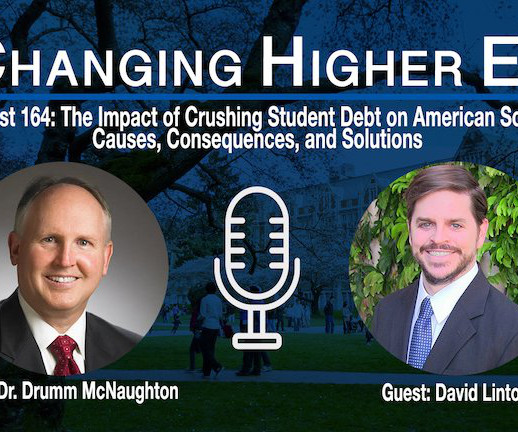Painting and shaping Learning Landscapes with Assemblages in mind
SRHE
NOVEMBER 1, 2023
In this response, I want to do three things: pick and connect some particularly fruitful points from each talk – there were many, so this is hard; comment on assemblages and assemblage thinking in relation to current and future learning arrangements, and segue into the practical work of realising better spaces for learning in better universities.











Let's personalize your content